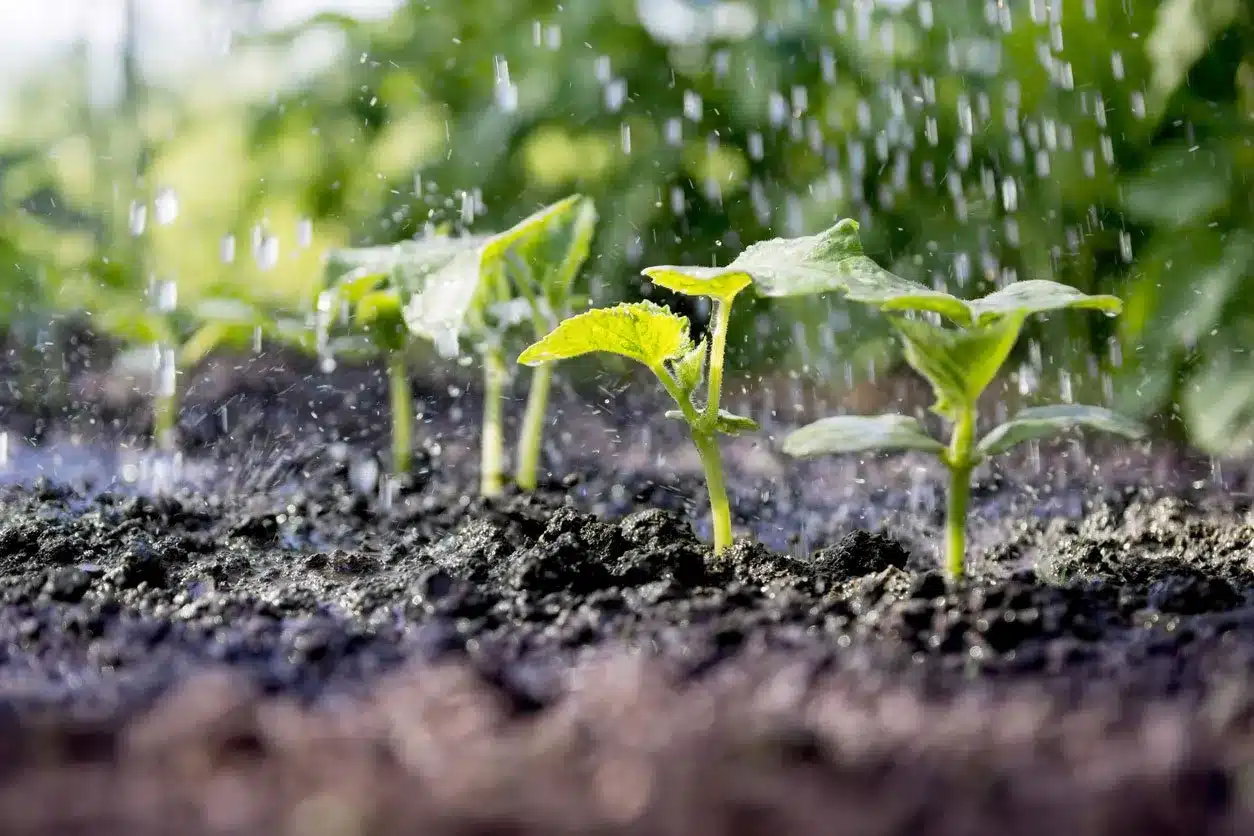
What are the benefits in Growing Your Own produce?
Grow Your Own with PlantGrow Here at PlantGrow, we’re really pleased to be hearing from many new and existing customers that they’re keen to start

Caring for your garden in autumn: How to prepare your soil in time for spring
How tending to your garden soil over the autumn months will ready your garden for planting and see it burst into life this spring.
Q: Why is it important to look after your garden’s soil?
A: Every year fruits, vegetables and other flowers and trees you’ve planted remove nutrients from the soil. You must replenish these if you want good growth in your garden next year. The best time to care for your soil is during the autumn and winter months when everything has died back. Use this time to clear out old crops and weeds. You can then prepare the soil for planting fresh seeds in spring.
Q: What are the best products to use on my soil?
A: I recommend using organic material – it’s non-toxic, less damaging to the environment and will improve the soil structure over time.
If you’re looking for ways to improve your soil, using manure is an option though it can take a little effort to apply as the solution is very thick. Similarly, you could use mushroom compost; this combines rotted animal manure with straw.
You can also use our soil conditioning natural fertiliser or liquid plant food. It’s a 100% natural formula, made entirely from plants meaning it has no weed seeds present and is safe for children, wildlife and pets. It contains micro-nutrients and other essential minerals, vitamins and enzymes that help improve the health of your soil, fight disease and add structure to it allowing it to retain more water. The solid mixture is exceptionally fine and easy to apply. We use the mixture on our own fields to prepare them for next season’s crops.
Q: How do I apply the solid natural fertiliser?
A: You may be used to applying fertiliser by throwing small granules of chemical feed onto the soil, covering your flowerbed or planting area.
When using our soil conditioning natural fertiliser there are different ways you can apply the mixture. Some people use the no-dig method. Add the mulch (our solid soil conditioning natural fertiliser) to the top layer of the soil and leave it. The mixture will gradually soak down into the soil providing a long, slow release of much-needed minerals and nutrients. Other people like to dig down a little and apply the fertiliser in small batches, using a fork to work it into the soil.
Q: How often should I use fertiliser?
A: You can use the liquid fertiliser throughout the year to help protect your plants. We recommend treating your soil as and when it needs it and doing a deep condition annually. Whether you use the liquid plant food or the solid soil condition, it can be used on all areas of the garden – there’s no need to buy one product for your flowers and another for your fruits and vegetables.
Q: What other jobs should be on my garden to-do list this Autumn?
A: Use this time to tidy up the garden and give you a head start for spring. Neaten up your borders by removing dying leaves and collapsed stems to give your plants more room to breathe. Remove weeds and then spread mulch or compost over the soil to help insulate the plant roots.
Make sure to clear any dead plants from your vegetable patch before they begin to rot and become host to pests and diseases.
Collect the autumn leaves that may have gathered in your garden. Adding them all to one pile will create a shelter for hedgehogs and wildlife to use throughout winter. It’s also the ideal time to do some maintenance around your garden – repair damage to any raised beds, sheds and compost bins. Paint them with wood preserve to keep them in tip-top condition. Replace any rotting fence posts so they don’t get blown down in winter storms. These few little jobs will help save you time next year and give you the best chance of growing a gorgeous garden next spring.
For more autumn gardening tips, follow us on Instagram or Facebook @plantgrowuk.
Please look out for our scientific article regarding the soil microbiome explaining further on what soils need.
Call us on 01953 525001 or email info@plantgrow.co.uk to speak to a member of the team.

Grow Your Own with PlantGrow Here at PlantGrow, we’re really pleased to be hearing from many new and existing customers that they’re keen to start
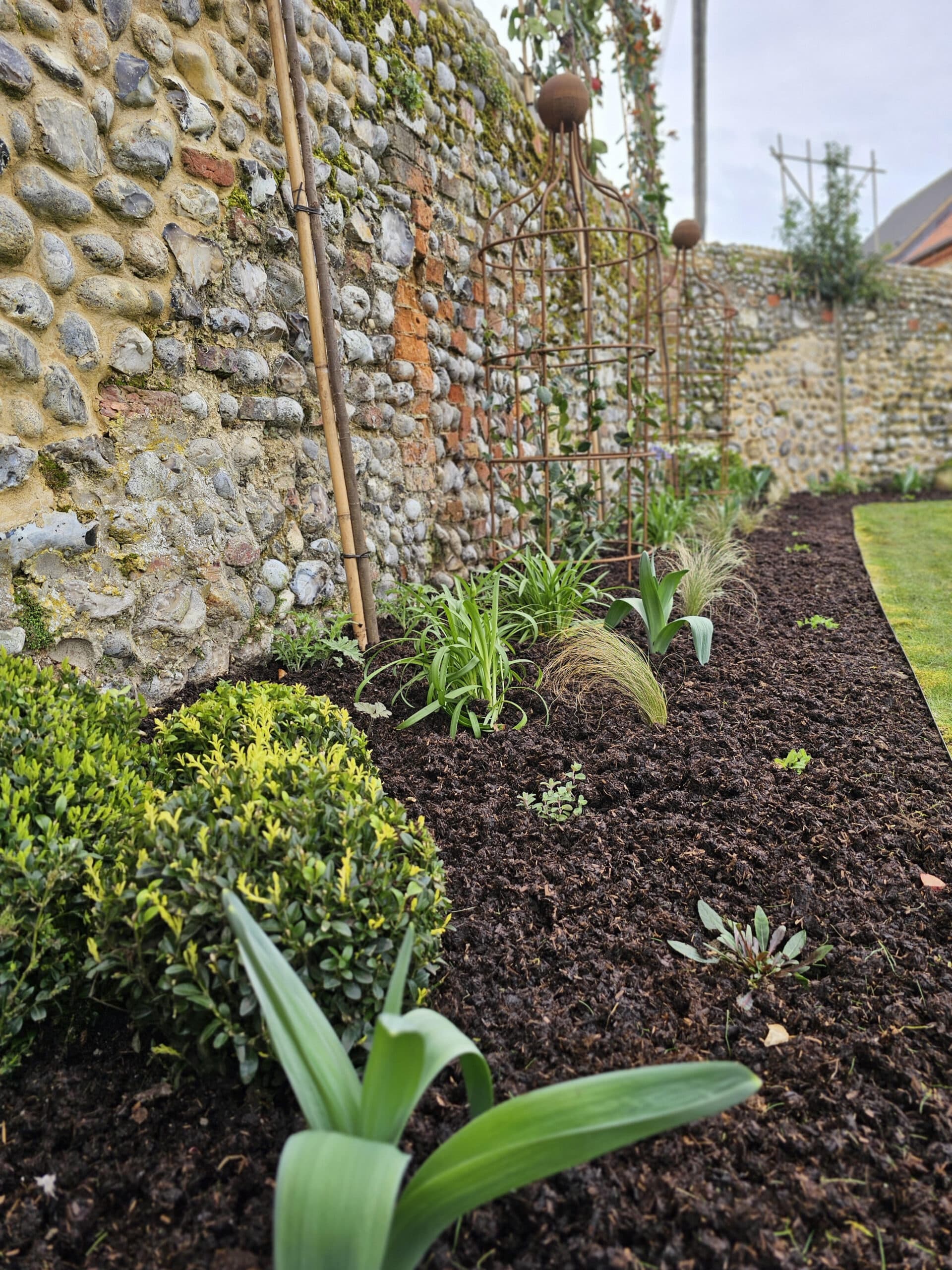
Mulching or topdressing is needed for a number of reasons as it is beneficial for your plants, the soil and the environment. Having organic material
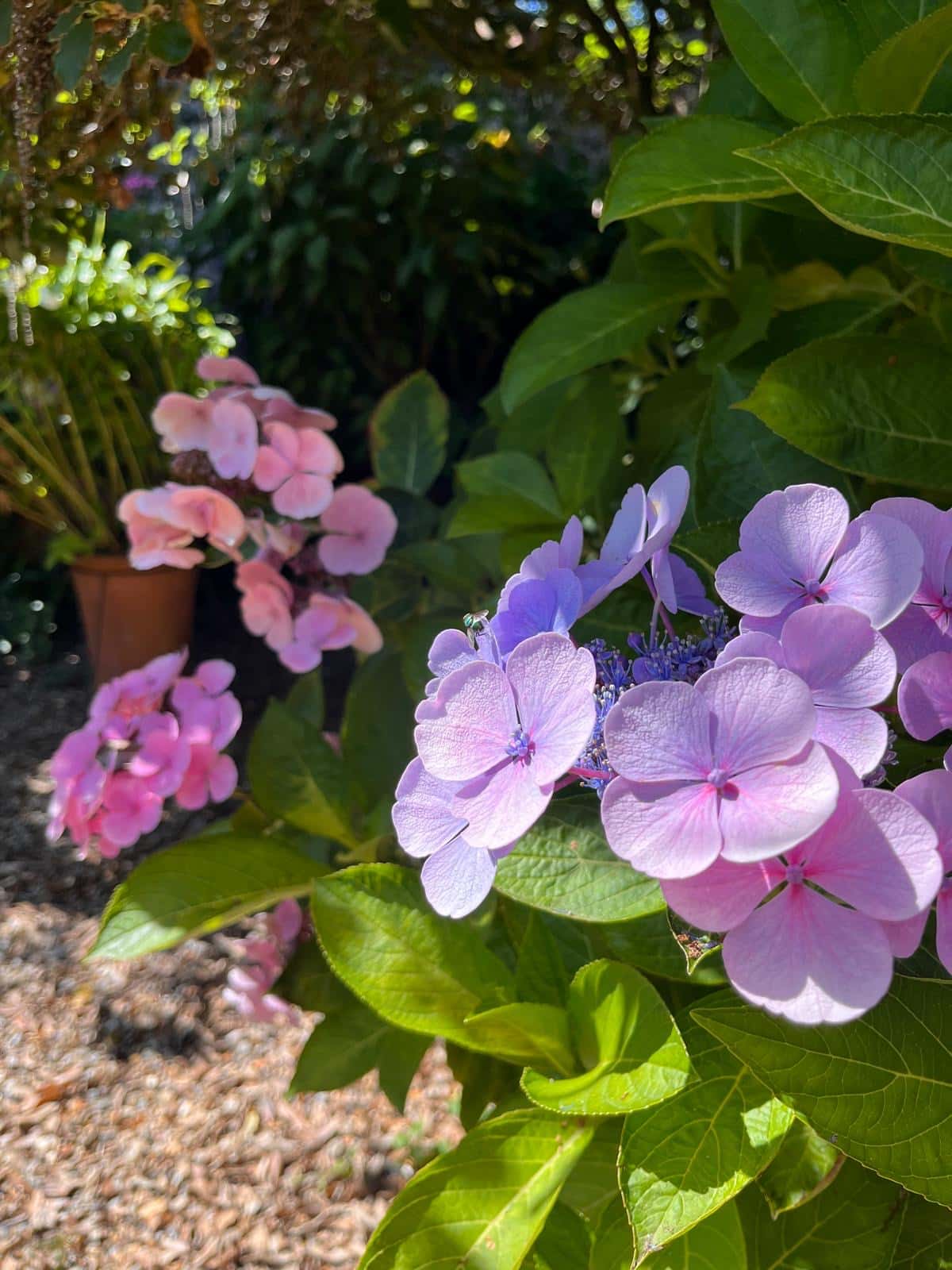
When Spring arrives, our home gardens begin to come alive again as the bleak months of winter end, temperatures rise and the hours of daylight

Our new Champions will be flying the flag for PlantGrow this year and all things natural. We have selected a varied group of individuals from
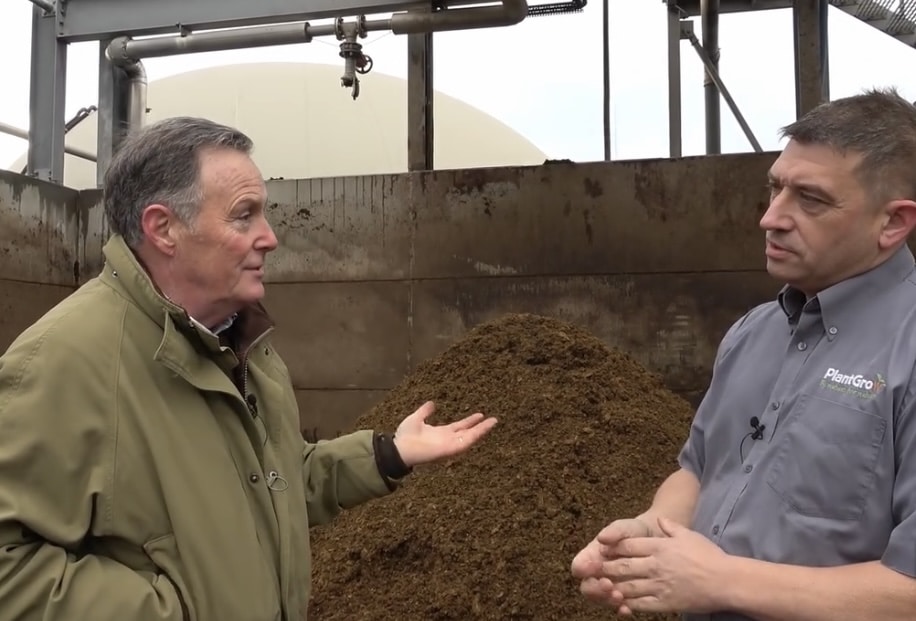
2025 is promising to be a busy year once again for us at PlantGrow with new brand ambassadors and a new list of ‘Champions’ who
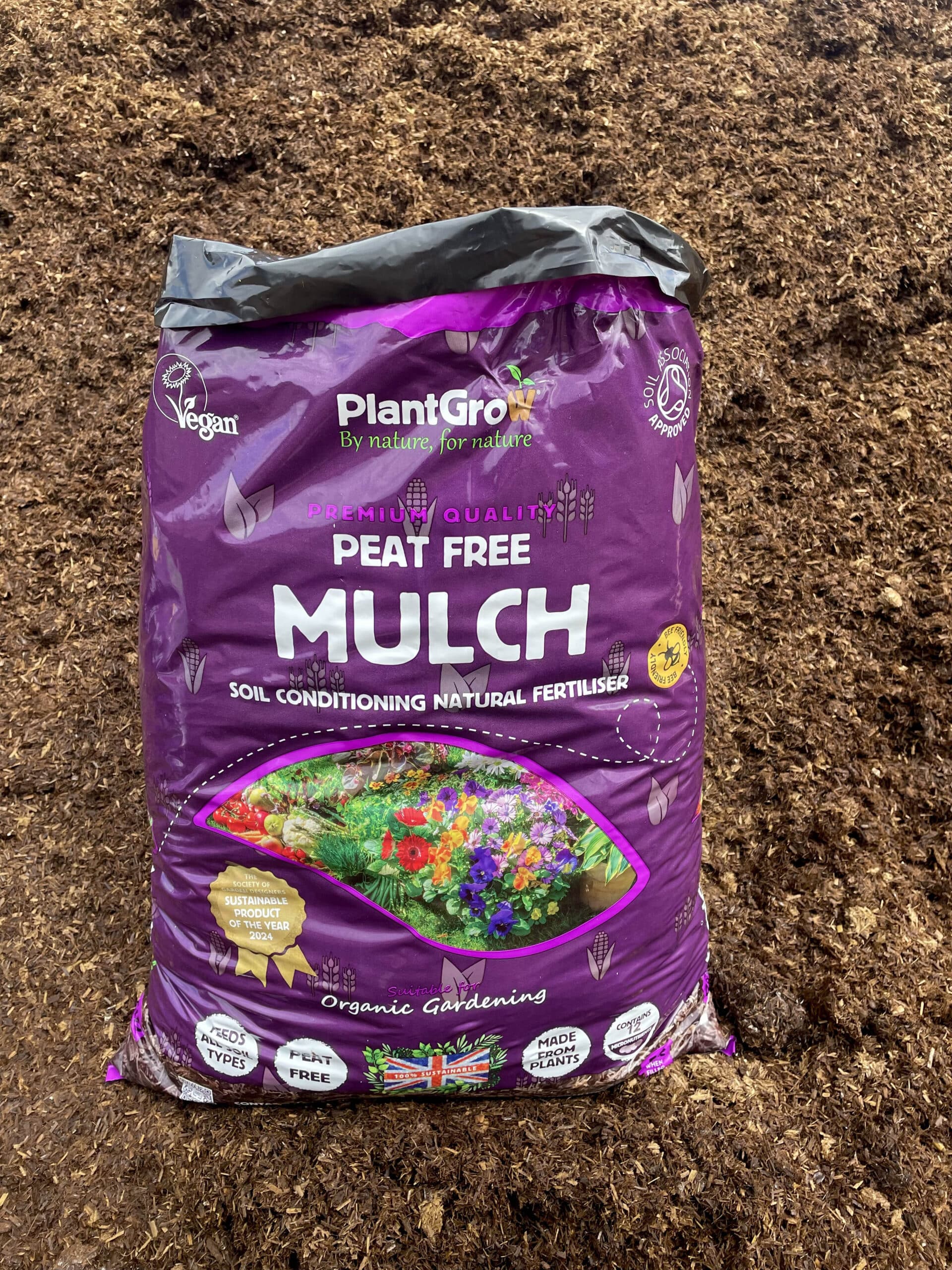
November 2024 Award-winning & market leading PlantGrow Organic Mulch will soon be available in 50-litre size bags for garden centres. Their signature natural fertiliser product

Late Autumn and the onset of Winter will trigger a notable change to the abundance, behaviour and physical state of life within our gardens. With
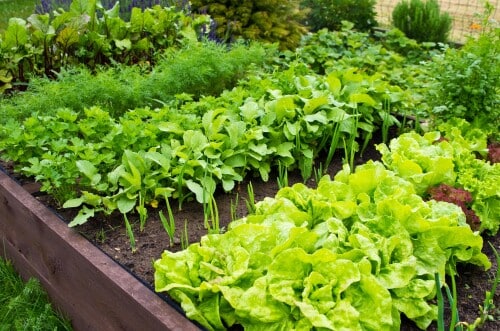
Why do you need to add PlantGrow mulch this Autumn? Mulching or topdressing is needed for a number of reasons as it is beneficial for
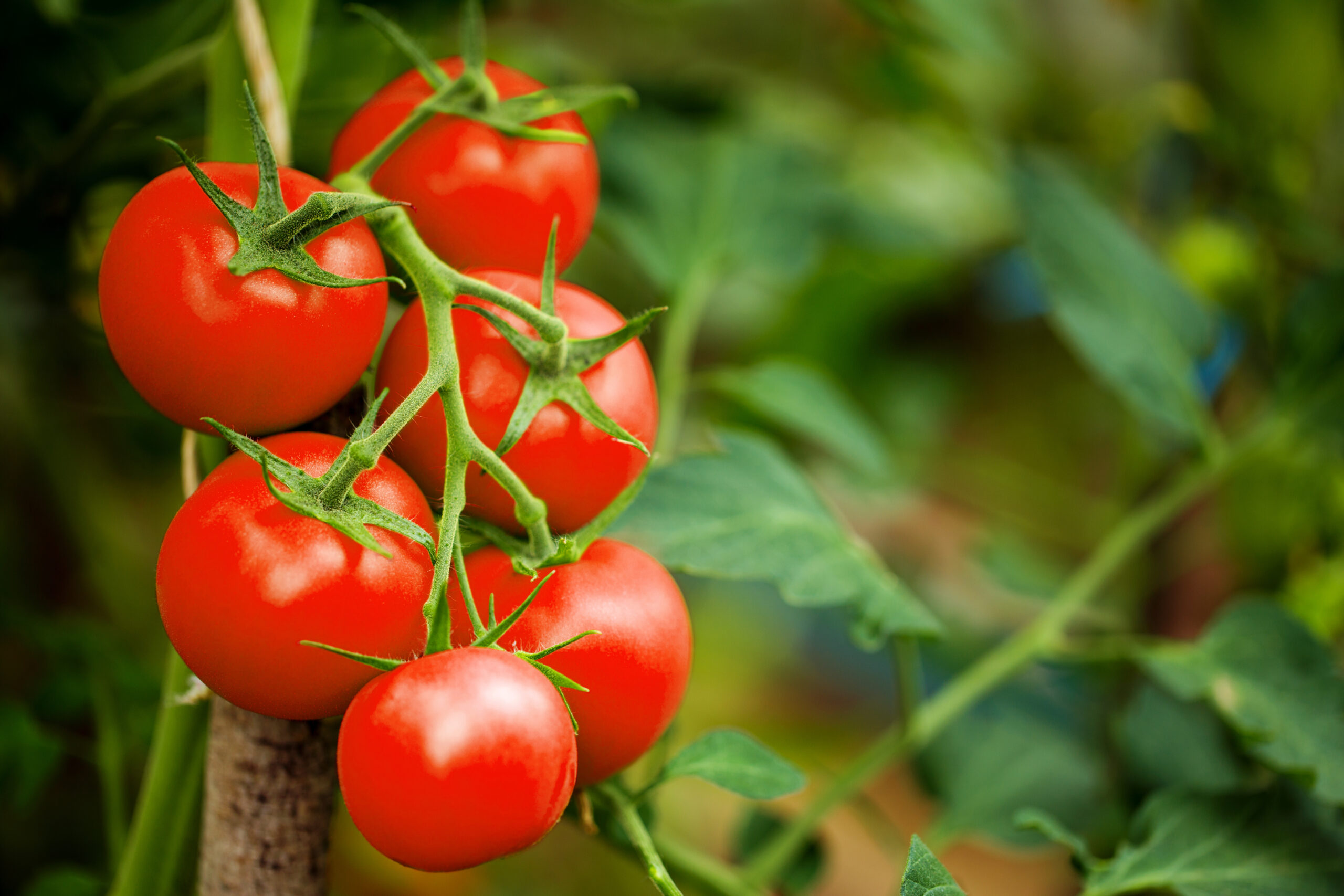
Q: Why should I use fertiliser on my fruits and vegetables? To help you get the most from your garden. Fertilisers supply your plants with
| Cookie | Duration | Description |
|---|---|---|
| _savt | 3 years | This cookie is set by Square for payment processing. |
| cookielawinfo-checkbox-advertisement | 1 year | Set by the GDPR Cookie Consent plugin, this cookie is used to record the user consent for the cookies in the "Advertisement" category . |
| cookielawinfo-checkbox-analytics | 11 months | This cookie is set by GDPR Cookie Consent plugin. The cookie is used to store the user consent for the cookies in the category "Analytics". |
| cookielawinfo-checkbox-functional | 11 months | The cookie is set by GDPR cookie consent to record the user consent for the cookies in the category "Functional". |
| cookielawinfo-checkbox-necessary | 11 months | This cookie is set by GDPR Cookie Consent plugin. The cookies is used to store the user consent for the cookies in the category "Necessary". |
| cookielawinfo-checkbox-others | 11 months | This cookie is set by GDPR Cookie Consent plugin. The cookie is used to store the user consent for the cookies in the category "Other. |
| cookielawinfo-checkbox-performance | 11 months | This cookie is set by GDPR Cookie Consent plugin. The cookie is used to store the user consent for the cookies in the category "Performance". |
| CookieLawInfoConsent | 1 year | Records the default button state of the corresponding category & the status of CCPA. It works only in coordination with the primary cookie. |
| elementor | never | This cookie is used by the website's WordPress theme. It allows the website owner to implement or change the website's content in real-time. |
| viewed_cookie_policy | 11 months | The cookie is set by the GDPR Cookie Consent plugin and is used to store whether or not user has consented to the use of cookies. It does not store any personal data. |
| Cookie | Duration | Description |
|---|---|---|
| _GRECAPTCHA | Session | Spam prevention |
| _hjSession_* | 30 Minutes | A cookie that holds the current session data. This ensures that subsequent requests within the session window will be attributed to the same Hotjar session. |
| Woocommerce_cart_hash | 1 Day | To store items in cart |
| Woocommerce_items_in_cart | Session | Store items in cart. |
| Wordpress_logged_in_ | Session | WordPress |
| Wordpress_sec_* | 15 Days | To provide protection against hackers, store account details. |
| Wp_woocommerce_session_* | Session | Store performed actions. |
| Cookie | Duration | Description |
|---|---|---|
| _hjAbsoluteSessionInProgress | 30 Minutes | Hotjar sets this cookie to detect the first pageview session of a user. This is a True/False flag set by the cookie. |
| _hjAbsoluteSessionInProgress | 30 Minutes | Hotjar sets this cookie to detect the first pageview session of a user. This is a True/False flag set by the cookie. |
| _hjSessionUser_* | 1 Year | Hotjar cookie that is set when a user first lands on a page with the Hotjar script. It is used to persist the Hotjar User ID, unique to that site on the browser. This ensures that behavior in subsequent visits to the same site will be attributed to the same user ID |
| CONSENT | 2 years | YouTube sets this cookie via embedded youtube-videos and registers anonymous statistical data. |
| Cookie | Duration | Description |
|---|---|---|
| VISITOR_INFO1_LIVE | 5 months 27 days | A cookie set by YouTube to measure bandwidth that determines whether the user gets the new or old player interface. |
| YSC | session | YSC cookie is set by Youtube and is used to track the views of embedded videos on Youtube pages. |
| yt-remote-connected-devices | never | YouTube sets this cookie to store the video preferences of the user using embedded YouTube video. |
| yt-remote-device-id | never | YouTube sets this cookie to store the video preferences of the user using embedded YouTube video. |
| Cookie | Duration | Description |
|---|---|---|
| cookielawinfo-checkbox-tracking | 1 year | No description |
Parcel deliveries
We aim to deliver all parcels within 2-4 working days from dispatch, order before 12:00pm for same day dispatch.
Pallet deliveries
We aim to deliver all pallets within 2-5 working days from dispatch, order before 12:00pm for same day dispatch.
If you require further information regarding your delivery, please email daniel@plantgrow.co.uk
